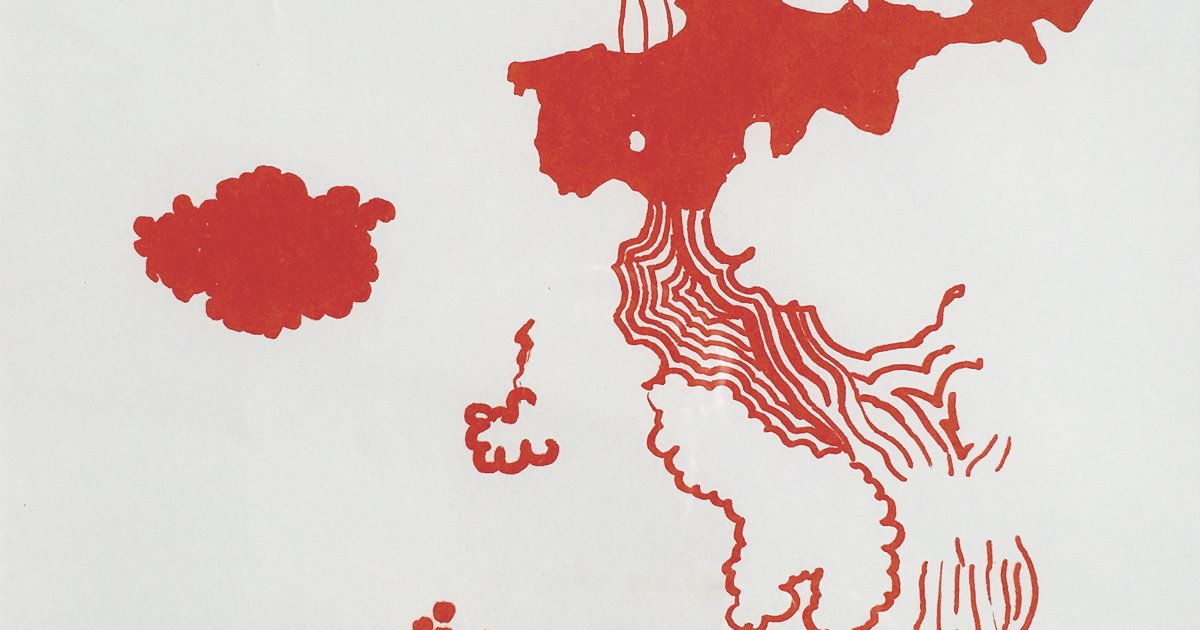“If we want to have good citizens, we need to create common spaces in which individuals can talk about the moral and ethical dilemmas that they have faced and how they resolve them.” Howard Gardner
The more I read about the Israeli-Hamas War, the more confused I get. The moral and ethical complexities are overwhelming. I listen to Thomas Friedman, Brett Stephens, Nick Kristof, David Remnick, David French, David Brooks and Ezra Klein. (Yes, I know – a lot of men). I listen to an IDF fighter in the Hamas operation in 2014, Dennis Ross, (the US Envoy to the Middle East for 30 years who warns of the futility of a cease fire), and to women Rabbis whose whole life is devoted to peace. I listen to my daughters, a Muslim girl scout in New York City, my 11 year-old Jewish grandchildren, and my Vietnam Vet buddies. My conclusion from all of these excellent sources of wisdom: there are no easy answers or simplistic solutions.
In my work with organizations I always try to distinguish between problems and dilemmas because problems can be fixed while dilemmas need to be managed. While I don’t have the expertise or experience to pretend to know the answers to the Israel-Hamas horror, I do have expertise in how to manage dilemmas and how to lead in a crisis. I also know there is no “fix” for the Hamas War on Israel, there is no “fix” for the Russian War on Ukraine, there is no “fix” for China’s emerging political, economic and military power; there is no “fix” for climate change, pandemics, or extremism. They can only be managed. Moral management and ethical leadership are required.
All I have to offer are generic constructs for management and leadership that may be applied to any dilemma, for example, as I have written in previous posts: striving for impartial objectivity, resisting self-justification, exercising restraint, setting clear and limited goals, applying a multi-faceted approach to problem solving (not just military “operations”), undermining patriarchy and hierarchy, staying flexible and fluid in response to changing conditions. This post adds one more construct: distinguishing qualitative differences while managing conflict and leading change.
Management always entails making qualitative distinctions among multiple perspectives and possibilities. Great leaders not only need to decide what problems can be fixed and what dilemmas need to be managed, they also need to make fine discriminations about the sources of information that influence their decisions and the long term sustainability of possible solutions.
To get us thinking about qualitative distinctions, let’s consider how we react to feedback. How do you feel when you receive constructive criticism? (I feel appreciative); How do you feel when you experience someone’s feedback as condescending? (I feel angry); How do you feel when you are dismissed and/or treated with contempt? (I feel enraged.) If you crawled into each of those experiences, I’m sure you noticed a qualitative distinction. We react differently when we are treated with respect. Great leaders need to be open to constructive feedback AND denounce condescension and contempt.
One more primer. What are the differential reactions we have to people we perceive as “Takers”, “Go-getters” and “Givers?” I imagine there are qualitative differences. Takers are driven by greed, self-aggrandizement, and the need to dominate. Go-getters are motivated by initiative, independence, and achievement. Givers are inspired by making a difference, being impactful, and helping others succeed. These different sets of values are what distinguish one group from another. If we don’t understand the values behind people’s actions, we fail to grasp the reality of the challenges we face. Great leaders act courageously to promote moral values and ethical behaviors; they distinguish between the “takers,” the “getters” and the “givers.”
In the Israeli-Hamas war, values drive the behaviors we are seeing. Israel has been guilty of the suppression of expression and the repression of rights. The Israeli government has definitely oppressed Palestinians behind the values of security and safety. On the other hand, the brutal massacre by Hamas on October 7 was driven by the “value” of extinguishing Israel as a state and the Jews as a people. There is no qualitative equivalency.
There is also a qualitative difference between initiating an atrocious offense and responding with a violent defense. But let me be clear, I am not writing this post to justify unrestrained violence. I’m writing to explore the qualitative differences of how dilemmas are managed AND, at the same time, to acknowledge there are many conflicting “truths” that need to be held simultaneously. While one truth does not excuse another, there has to be a recognition that there are qualitative differences among the “truths.” For me, justifying genocide as legitimate resistance against “colonization” AND not condemning Hamas terrorists for their atrocious massacre are qualitatively inferior to protesting Palestinian oppression – as real as it is.
To get a little distance from the emotionally charged positions that this war evokes, however, let me return to two generic issues that address these points free of reactive rage and existential angst.
Let’s look at the qualitative differences among opinion, facts and knowledge. Opinions are a dime a dozen. Everyone is entitled to have their own point of view, but what we see on X now is a free-for-all hell-scape of random opinions. Many of these opinions are best described as gaslighting – a torching of the truth. Gaslighting fuels the fires of conspiracy theories and spreads lies in order to disorient people from reality. There are differences, of course, among opinions derived from social media, conspiracy theories and celebrity commentary and those opinions that are substantiated by credible media, scientific journals and academic scholars. Facts, on the other hand, are based on historical evidence and well-researched investigations. Knowledge contextualizes facts and opinions and, hopefully, provides perspective, wisdom, and deep insights. In these perilous times, it is imperative for all of us to distinguish among opinions, facts and contextualized information (knowledge). There are qualitative differences among the three. Leaders need to have the wisdom to know the difference.
For another angle, let’s consider the qualitative differences among tolerance, acceptance and welcoming. Tolerance is the willingness to permit the existence of opinions or behaviors that we may not necessarily agree with. Tolerance is just a step above intolerance and implies a grudging irritation with whatever differences are manifest. It also sends a subtle, or not so subtle, message to the person with whom there is a difference that their opinions and behaviors are not particularly appreciated. Acceptance, on the other hand, is the action of receiving differences of opinions and behaviors as adequate or suitable for admission into a group. As you can see, there is a qualitative difference between tolerance and acceptance. Differences are seen as “suitable for admission” as opposed to barely “tolerable for existence.” Welcoming takes the distinction to the next level. Welcoming means to invite people into a space in which they feel like they belong – a space that feels warm and loving and which enables the person to feel valued and desirable. Now that’s a qualitative distinction. The challenge of leadership is to welcome fresh ideas, different perspectives, and people with a broad range of history, ethnicity, and cultural conditioning into safe spaces.
You get the idea. Managing dilemmas requires leaders to be grounded in historical truth, to understand the values behind behaviors, and to welcome differences. While that seems to make common sense, what we are witnessing in the world today leads me to conclude that it’s not that common.
The generic problem we are facing as citizens of the world today is that hate-filled radical extremists with uninformed narratives are causing disasters across the globe. As a reality based community, how do we create rational solutions when there are so many irrational people? How do we encourage people to honestly seek the truth and stay grounded in reality?
To me, simplistically, the generic solution is to improve our ability to manage dilemmas by embracing moral and ethical leadership and by making qualitative distinctions.
Howard Gardner, the Harvard professor best known for his work on multiple intelligences, got it right: “we need to create common spaces in which individuals can talk about the moral and ethical dilemmas that they have faced and how they resolve them.”
I’m hoping we can welcome different perspectives and make wise decisions based on an honest understanding of history and deep investigation of the facts. I’m hoping we can create spaces where people feel welcome. I’m hoping world leaders make wise qualitative distinctions required to manage the ethical and moral dilemmas we are facing. I’m hoping we all become a bit more giving and forgiving. And, finally, I’m hoping both the Jewish and Palestinian people can find a space to resolve their differences and find a path to peace. May it be so.




Wow Ricky, just wow!